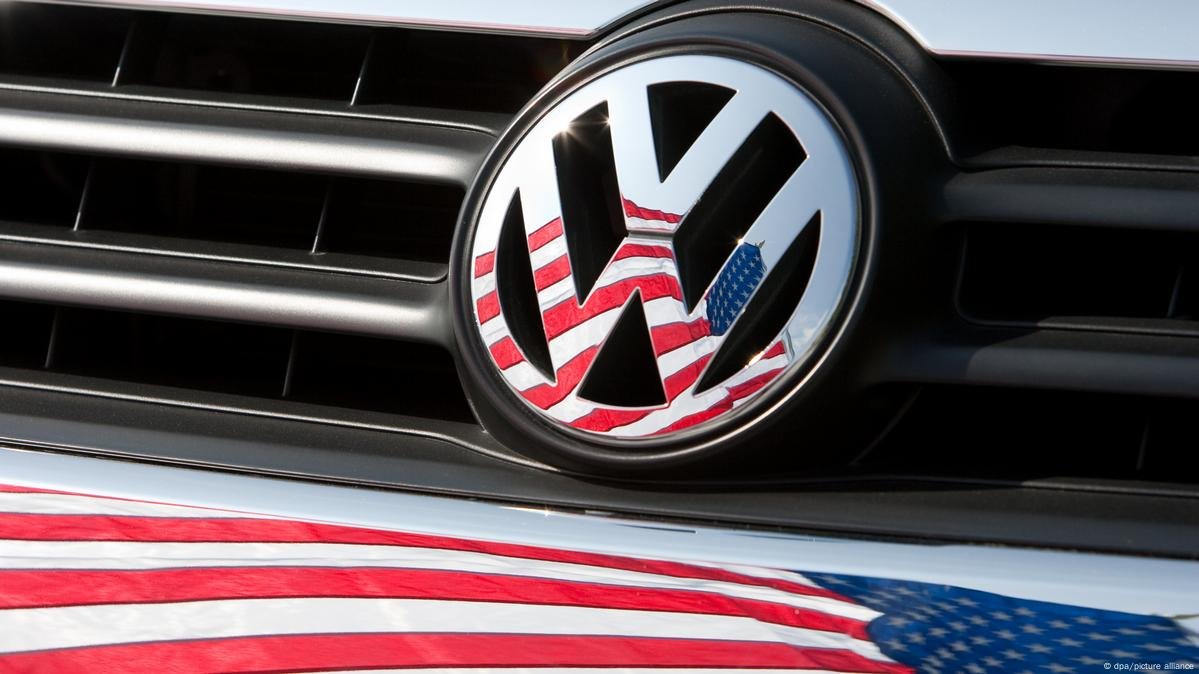As the political landscape heats up, one of the most significant concerns for European carmakers, particularly those based in Germany, is the looming threat of tariffs under the leadership of former U.S. President Donald Trump. His administration’s tariff policies, if fully implemented, could cause severe disruptions to the German automotive industry, already grappling with economic slowdowns and shifting global demand.
During his 2024 campaign, Trump stirred controversy by making bold statements about turning German auto giants into American enterprises. He expressed his desire for these companies to relocate production to the U.S., as part of a broader push to reshape global trade. Trump’s words during a campaign rally in Savannah, Georgia, underscored his intentions: “I want German car companies to become American car companies. I want them to build their plants here,” he said. His rhetoric, while part of his populist appeal, has serious ramifications for the global auto market, especially for Germany’s flagship car manufacturers.
The Threat of Tariffs: What Lies Ahead?
Trump’s tariff policy, which includes additional levies on imports from China, Canada, and Mexico, could extend to Europe, with the automotive sector being one of the most vulnerable. The announcement of a 25% tariff on imports from these countries has raised alarms within the European Union, especially among German manufacturers like Volkswagen, BMW, and Mercedes-Benz, who are major exporters to the U.S.
Although Europe wasn’t explicitly mentioned in Trump’s initial tariff plans, EU policymakers are increasingly anxious that European carmakers may soon face the same burdensome tariffs. The U.S. market is one of the largest destinations for European-made vehicles, with Germany exporting billions of dollars worth of cars each year. Any disruption to this trade could have far-reaching economic consequences, not only for the auto industry but also for related sectors like steel and chemicals, which are integral to vehicle manufacturing.
Germany’s Auto Industry Faces Difficult Times
Germany’s automotive sector is already grappling with several challenges, including economic slowdowns in key markets such as China and the broader global slowdown in consumer demand. Recent profit warnings from major manufacturers like Volkswagen, Mercedes-Benz, and BMW have underscored the fragile state of the industry.
Volkswagen, the largest car manufacturer in Germany, alongside BMW and Mercedes-Benz, have all seen their market outlooks darken in recent months. Economic instability in China, the world’s largest car market, has contributed significantly to this decline, as demand for new vehicles remains weak. According to experts, the imposition of U.S. tariffs would only exacerbate these problems, making an already challenging situation even worse.
Rico Luman, a senior economist at ING, highlighted how vulnerable Germany’s auto sector is to the imposition of additional tariffs. “Germany’s auto industry is deeply interconnected with the global supply chain, and tariffs would disrupt not only the automotive sector but also related industries such as steel and chemicals,” he explained. Luman’s concerns are shared by many within the industry, who fear that the repercussions of tariff imposition could lead to significant job losses and further economic instability.
Trade Dynamics: The Role of German Auto Manufacturers
Germany is the largest exporter of passenger cars in Europe, with its automotive sector accounting for billions of dollars in exports to the U.S. In 2023, the value of German automotive exports to the U.S. reached a staggering 23 billion euros, representing a substantial portion of Germany’s overall exports to America. For context, this trade in passenger vehicles alone constitutes around 15% of Germany’s total exports to the U.S.
However, this lucrative export market is at risk if Trump’s tariff proposals are enacted. The imposition of a 25% tariff on vehicles and auto parts from Germany could severely disrupt the automotive sector, which is already facing significant hurdles due to global supply chain issues and rising production costs. As Luman emphasized, the ripple effects of such tariffs would be felt across a range of industries, not just the automotive sector.
The U.S. Market: A Critical Destination for German Car Manufacturers
While Volkswagen, Mercedes-Benz, and BMW have all attempted to diversify their production bases, the U.S. remains a critical market for these companies. In response to Trump’s tariff threats, Volkswagen has stated that more than 90% of its vehicles sold in the U.S. are produced within North America. These vehicles are eligible for duty-free treatment under the USMCA (United States-Mexico-Canada Agreement), a free trade agreement between the three countries.
However, the potential end of the USMCA, due to the imposition of tariffs on Canada and Mexico, could have profound implications for German carmakers. If the agreement collapses, the benefits of duty-free exports for Volkswagen and its competitors would be nullified, leading to higher costs for both manufacturers and consumers. This shift would force German carmakers to rethink their production strategies and their long-term commitment to the U.S. market.
Mercedes-Benz, another major German automaker, has also been vocal about its concerns. The company employs over 11,000 people across the U.S. and operates 12 key production facilities. Despite these investments, Mercedes-Benz is aware that tariffs could change the dynamics of its operations in North America, making its products more expensive for U.S. consumers. As a result, the company is actively engaging with the new U.S. administration to seek solutions that will protect its interests.
Industry-Wide Concerns and the Future of Trade
The broader concern within the automotive industry is that Trump’s tariffs could lead to a fragmentation of global trade, particularly if the U.S. imposes higher levies on imports from Europe. The auto industry, as one of the most globalized sectors, relies on complex supply chains that span multiple continents. Tariffs could disrupt this intricate web, leading to higher costs for manufacturers and ultimately for consumers.
While the imposition of tariffs on German carmakers would undoubtedly be damaging in the short term, some industry experts believe that it could also present an opportunity for Europe to accelerate its green initiatives and push forward with the transition to electric vehicles (EVs). Julia Poliscanova, Senior Director for Vehicles and E-mobility at Transport & Environment, suggested that Europe could leverage this situation to strengthen its position in clean technologies. “Trump’s tariffs could be bad news for German carmakers in the short term, but Europe should continue to push forward with its Green Deal and electrification agenda,” she said. “In the long term, this could help Europe advance in the clean tech and EV markets while the U.S. risks falling behind.”
Conclusion: Navigating Uncertainty in a Globalized Economy
As the global automotive industry braces for potential disruption from Trump’s proposed tariffs, it remains unclear how these measures will ultimately affect trade relations between the U.S. and Europe. For Germany’s auto giants, the threat of tariffs looms large, especially as they struggle to navigate a shifting global market. Whether or not Trump’s tariff proposals are implemented, the automotive industry must remain agile, ready to adapt to changing trade dynamics and to embrace new technologies, such as electric vehicles, to maintain competitiveness in the global market.
The outcome of this trade dispute will likely set the tone for future international trade agreements and could shape the trajectory of the automotive industry for years to come. For now, German carmakers are left to grapple with uncertainty, aware that their ability to navigate these turbulent waters will depend on their ability to innovate and adjust to the evolving global economic landscape.





Leave a Comment